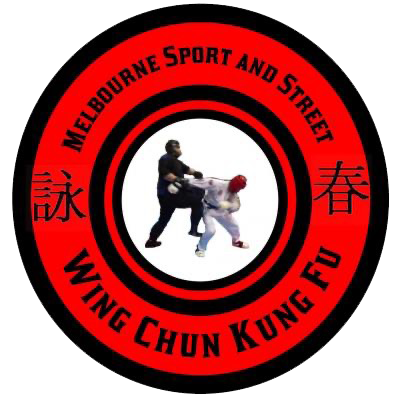Wing Chun Kung Fu’s Role in Chinese Medicine: Understanding the Art’s Relationship to Acupuncture and Qi Gong
Introduction
Wing Chun Kung Fu, a traditional Chinese martial art, not only focuses on combat skills but also shares a deep connection with Chinese medicine. In this article, we will explore the relationship between Wing Chun and Chinese medicine, specifically in the realms of Qi Gong and acupuncture. Understanding this connection can deepen our appreciation for the holistic approach of the style and its impact on physical and mental well-being.
The Connection Between Wing Chun and Chinese Medicine
Qi Gong: Cultivating Internal Energy
Qi Gong, an ancient Chinese practice, involves cultivating and harnessing internal energy or “Qi” for health and vitality. Wing Chun incorporates Qi Gong principles to develop the practitioner’s energy sensitivity, internal power, and overall well-being. Through specific breathing techniques, meditation, and movements, Practitioners cultivate Qi, which enhances their martial arts practice and promotes a balanced state of health.
Acupuncture: Balancing Energy Channels
Acupuncture, a key component of Chinese medicine, involves the insertion of thin needles into specific points on the body to restore the flow of Qi and promote healing. Wing Chun practitioners understand the concept of energy channels, or meridians, and how blockages or imbalances can affect overall health and performance. By incorporating acupuncture principles, practitioners can enhance the flow of Qi, improving their physical and mental well-being.
The Influence of Chinese Medicine on Wing Chun
Enhancing Physical and Mental Health
Chinese medicine principles, such as balancing Yin and Yang energies, play a significant role in Wing Chun. The practice aims to harmonize these opposing forces within the body, promoting overall health and well-being. The training methods, exercises, and techniques in the style contribute to physical strength, flexibility, and mental clarity, aligning with the principles of Chinese medicine.
Applying Principles of Yin and Yang
The concept of Yin and Yang, representing complementary and interconnected forces, is inherent in both Chinese medicine and Wing Chun. Practitioners learn to utilize both soft and hard techniques, adapt to different situations, and find balance in their movements. By embodying the principles of Yin and Yang, practitioners enhance their martial arts skills and maintain equilibrium in their physical and mental states.
Harmonizing Qi for Improved Martial Arts Performance
Chinese medicine emphasizes the harmonization of Qi for optimal health and vitality. Practitioners strive to harmonize their internal energy, aligning their breath, intention, and body movements. By synchronizing these elements, Wing Chun practitioners enhance their martial arts performance, improve their focus, and unleash the full potential of their techniques.
The Integration of Wing Chun and Chinese Medicine
Breath Control and Mindfulness
Wing Chun emphasizes the importance of breath control and mindfulness. These practices align with the principles of Chinese medicine, promoting the free flow of Qi and enhancing overall well-being. Through conscious breathing techniques, practitioners cultivate a calm and focused mind, allowing them to respond effectively in combat situations and maintain a balanced state of health.
Internal Energy Development and Utilization
The practice of Wing Chun involves cultivating and utilizing internal energy. By integrating Chinese medicine concepts, practitioners can enhance their energy cultivation through Qi Gong exercises, meditation, and specific training methods. The development and utilization of internal energy not only enhance martial arts performance but also promote physical and mental vitality.
Healing and Recovery Techniques
Chinese medicine encompasses various healing and recovery techniques that complement Wing Chun training. Practices such as herbal remedies, massage, and therapeutic exercises can help practitioners recover from injuries, maintain optimal health, and support their martial arts journey. By incorporating these techniques, practitioners can enhance their overall well-being and longevity in the art.
Conclusion
Wing Chun Kung Fu and Chinese medicine share a profound relationship, with the principles of Qi Gong and acupuncture influencing the art’s approach to physical and mental well-being. By understanding the connection between the style and Chinese medicine, practitioners can further enrich their training and embrace the holistic nature of the art. The integration of breath control, internal energy cultivation, and healing techniques adds depth and dimension to the practice the style.

